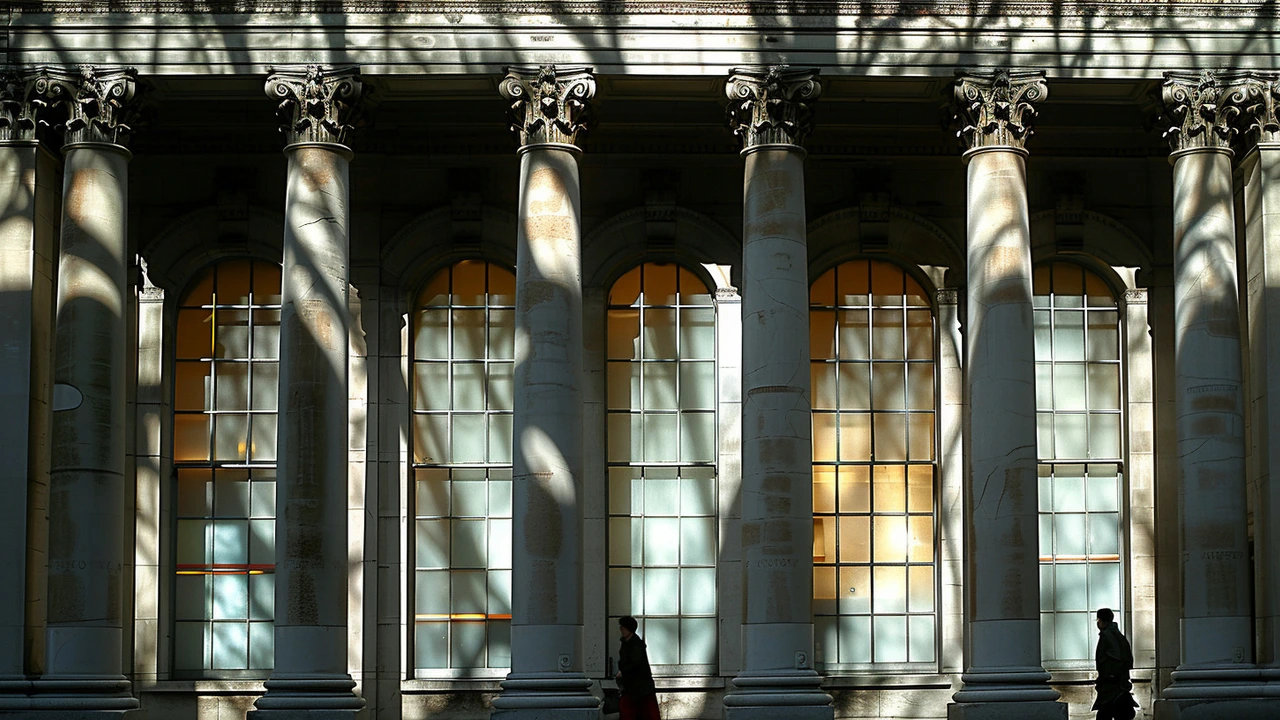Inflation Updates Across Africa
If you’ve noticed groceries costing more or petrol prices jumping, you’re seeing inflation at work. It’s a word that shows up in headlines daily, but the real impact is felt when you pay extra for the things you need. On this page we break down what’s causing price spikes across African markets and give practical ideas to keep your budget in check.
What’s Driving Inflation Today
First off, inflation isn’t a single event; it’s a mix of supply problems, demand shifts, and policy decisions. Many countries are still feeling the after‑effects of pandemic disruptions—shipping delays mean fewer goods arrive on time, pushing prices up. At the same time, strong consumer demand as economies reopen adds pressure on limited supplies.
Currency swings play a big role too. When local currencies weaken against the dollar or euro, imported items become pricier. South Africa, Nigeria and Kenya have all seen their rand, naira or shilling dip, making everything from electronics to food cost more in local terms.
Government spending also matters. Large stimulus packages helped keep jobs but added money into the economy faster than goods could be produced. That extra cash can chase the same amount of products, which drives up prices.
How It Affects Your Daily Life
Higher inflation hits the pocket in a few obvious ways. Food bills rise because farmers face higher fertilizer costs and transport becomes more expensive. Fuel price hikes mean you pay more at the pump and that extra cost spreads to public transport, delivery services and even the price of goods you buy.
Rent and housing can climb as landlords adjust rates to cover their own increased expenses. Even small things like a cup of coffee or a movie ticket can feel pricier when wages don’t keep up.
The good news is there are steps you can take now. Start by tracking your spending for a month; knowing where the money goes helps you spot areas to cut back. Buying in bulk, choosing local produce and cooking at home usually saves more than eating out.
Switching to cheaper energy options—like using public transport or car‑pooling—can lower fuel costs. If your utility bills are high, look for providers with better rates or consider basic energy‑saving habits like turning off lights when you leave a room.
On the investment side, keep an eye on assets that traditionally hold value during inflation, such as real estate, commodities or certain stocks. Diversifying can protect your savings from losing buying power.
Finally, stay informed. Follow reliable sources like Daily Africa Disko for up‑to‑date reports on how inflation trends evolve across the continent. Knowing whether a government plans to adjust interest rates or introduce price controls lets you anticipate changes before they hit your wallet.
Inflation may feel like a relentless tide, but understanding its drivers and acting early can lessen the blow. Keep checking this page for fresh analysis, expert commentary and practical tips that help you navigate rising prices without losing sleep.

Bank of England Maintains 5.25% Interest Rate Amid Pre-Election Uncertainty
Ahead of the UK's July 4 election, the Bank of England has kept its main interest rate at a 16-year high of 5.25%. Despite hitting the inflation target of 2%, the decision was driven by the need for sustained low inflation and current economic indicators. This comes as markets predict a future rate cut and the political landscape remains turbulent.



